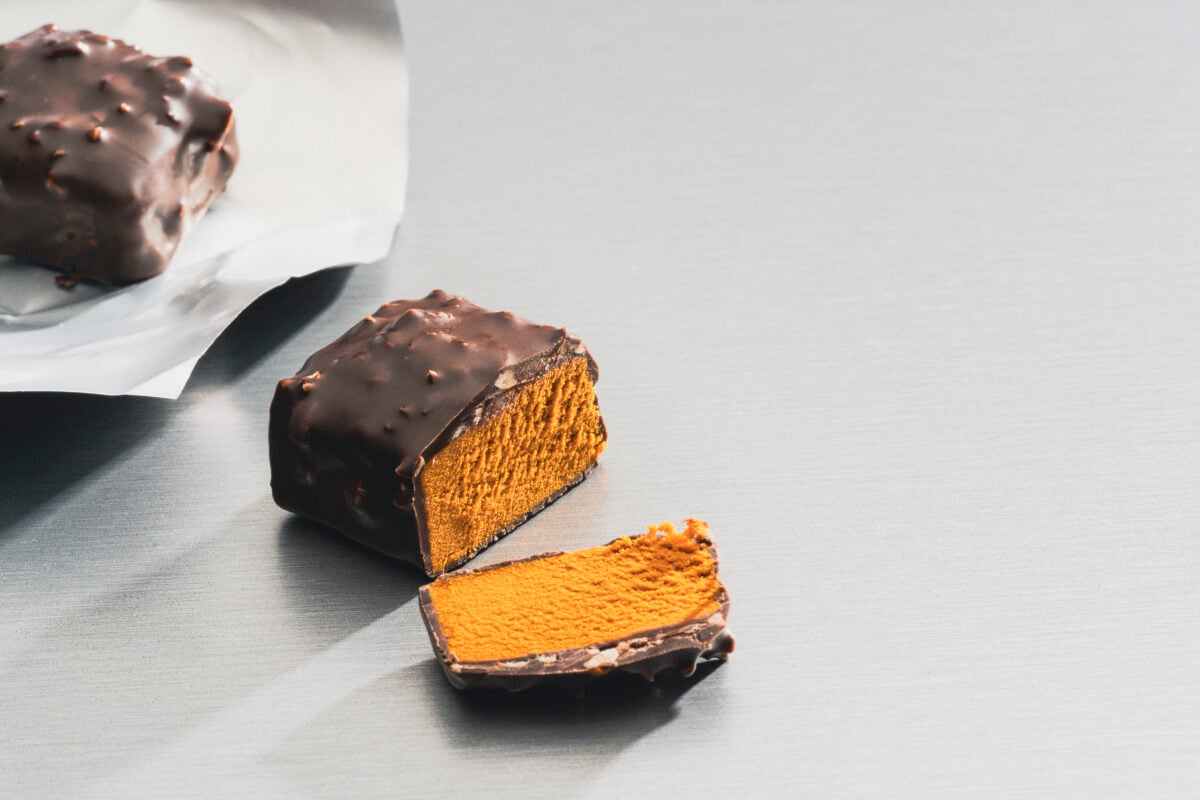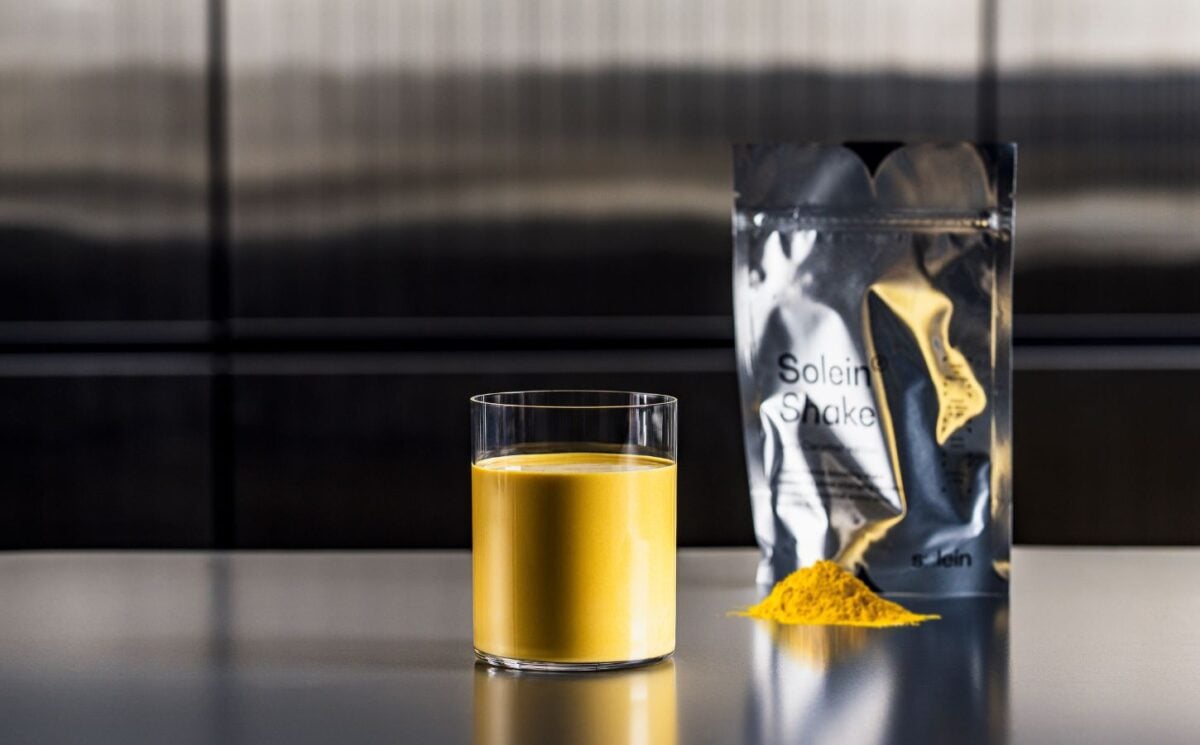A new vegan microbial protein made from air and electricity could be going to space.
‘Solein,’ a prototype protein made by the Finnish food-tech company Solar Foods, will be grown in microgravity to test its potential for future missions to Mars and the Moon.
Read more: UK Pet Food Industry Gets First Fermented Microbial Protein Option
Solar Foods is partnering with European space technology company OHB-System AG for the duration of the project, which is titled HOBI-WAN (Hydrogen Oxidizing Bacteria In Weightlessness As a source of Nutrition). The project will be funded by the European Space Agency (ESA) as part of its ongoing Terrae Novae Exploration Programme.
The HOBI-WAN team will develop a version of the Solein technology on the ground at first, which will then enable a flight model for future production in space. Once the flight model itself has been developed, the team hopes to introduce Solein to the International Space Station.
Arttu Luukanen, the senior VP of Space and Defence at Solar Foods, told Food Ingredients First that this will be the first time the company can verify its technology works in space.
“The aim of the project is to confirm that our organism grows in the space environment as it does on the ground, and to develop the fundamentals of gas fermentation technology to be used in space – something that has never been done before in the history of humankind,” he added. “The behavior of gases and liquids in microgravity is vastly different due to lack of buoyancy, which can drastically affect the transport of nutrients and gases for Solein microbes. Gas safety is also of great importance, given that mixtures of hydrogen and oxygen gases are present.”
Read more: Miso Paste Becomes The ‘First Food Ever’ To Be Fermented In Space
Solein: a vegan microbial protein made from thin air

Solein itself is a single-cell alternative protein made by extracting CO2 from the atmosphere and then combining it with hydrogen, minerals, and vitamins. The process is powered by renewable energy, and the protein has been tested in ice cream, meat, and noodles.
Solar Foods recently applied for Generally Recognized as Safe (GRAS) status for its microbial protein, and Solein is already approved for production and sale in Singapore.
Sending a single kilogram of cargo into space has been estimated to cost USD $20,000 or more. Growing a safe, palatable, and nutritious plant-based protein there would be an extremely efficient alternative. For potential future, longer-term missions, growing nutritious food in space will likely be essential for astronauts’ health.
Read more: Precision Fermented Dairy Proteins Receive ‘No Questions’ Approval From FDA






